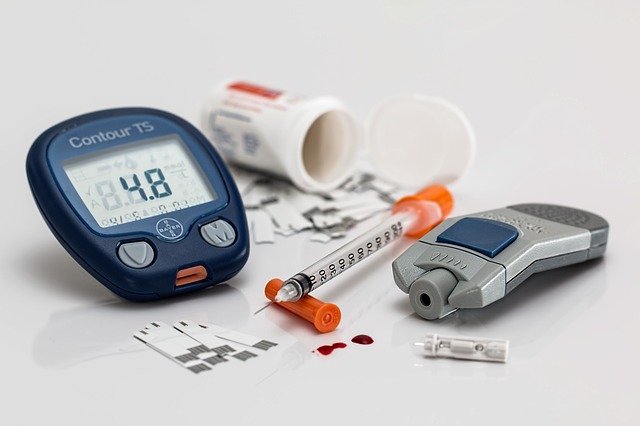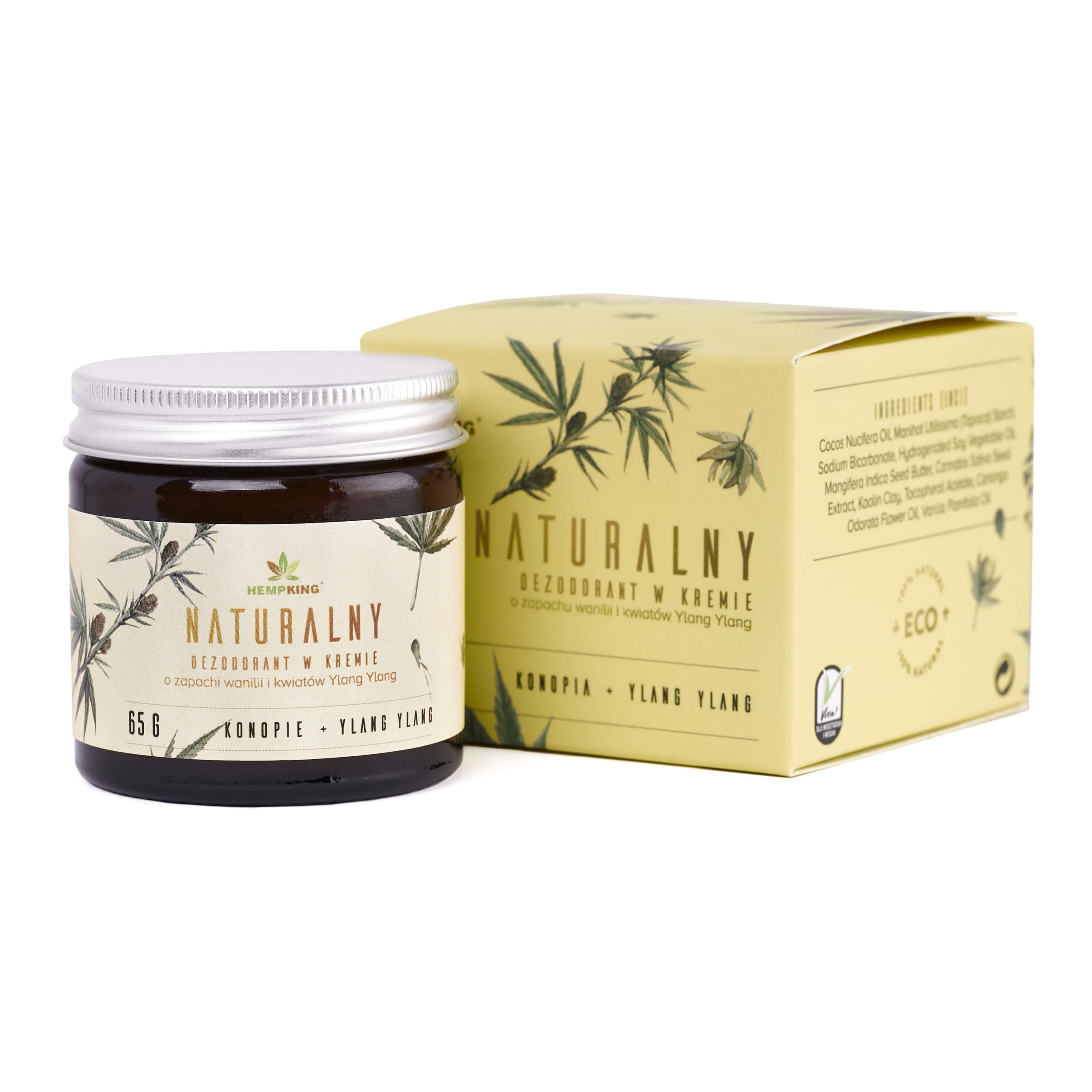Treating diabetes with CBD oil? Not in Poland
min. reading
Diabetes is not a civilization problem. Every year there are more and more people who have impaired carbohydrate metabolism, type 2 diabetes or insulin resistance. We are sure you know someone who is struggling with a problem of this type. Even by sight. You have probably come into contact with a person with diabetes at least once in your life. There are as many as 463 million people in the world with diabetes! In Poland, that’s more than 2.3 million people. And those numbers are still climbing. In Europe alone, it is estimated that by 2045 there will be as many as 68 million people suffering from the disease[1]. It’s an insidious disease that can be lived with, but it poses a number of problems and is incurable at this point. So it’s no wonder that scientists are constantly looking for new ways to support sufferers, improve their quality of life and, in the future, perhaps cure them completely! What does CBD have to do with all this? Does CBD regulate blood sugar levels? Or is it just idle talk, without confirmation? Well, in Poland, CBD certainly does not cure diabetes. Why?
Table of Contents
What is diabetes? What are its types?
What is diabetes? Can you get it from eating sweets? Is it because of a bad diet? Diabetes is a metabolic disease that causes a disruption in the metabolism of carbohydrates, or sugars, in the body. Patients have high levels of sugar in the blood, which the body cannot cope with in any way without help. Among other things, it causes sensory disturbances, kidney damage, deterioration of vision, and increases the risk of atherosclerosis. A well-known effect of diabetes is the so-called diabetic foot. And also difficulty in wound healing and hormonal disorders.
What are the types of diabetes?
Type 1 diabetes, which is diabetes that develops while still in childhood and destroys the cells of the pancreas. The patient must take insulin. The causes of the disease are traced to genetics and the environment. It activates most often when a child’s immunity is strained, such as seasonal illnesses and infections.
Type 2 diabetes is the most common diabetes. It mainly affects older people and insulin is not needed in its course. However, this diabetes can develop over time into type 1 diabetes, where insulin will be necessary. It is mainly influenced by lifestyle and diet, as well as obesity! The larger the waist circumference, the greater the likelihood of the disease.
Gestational diabetes, which is the type of diabetes that affects pregnant people who have never had blood sugar problems before. It is caused by hormonal changes that occur in a woman’s body during pregnancy. It disappears after giving birth!
Type 3 diabetes, or secondary diabetes, which follows and coexists with other diseases, often genetic ones like Down syndrome, porphyria or others like cytomegaly, cystic fibrosis and many, many others.
Drug-induced diabetes, as the name implies, can follow the use of certain medications. Very often it is cardiovascular, allergy or diuretic drugs that cause problems with carbohydrate metabolism.
What is insulin resistance?
Insulin resistance is not a disease, but it is a disorder and part of the metabolic syndrome. It is an impaired sensitivity of the body to the action of insulin. As a result, the body produces more and more of it, although it doesn’t need that much at all. It can lead to the onset of diabetes! That is why it is so important not to ignore this disorder. And to test blood sugar levels regularly, even when you feel fine. Early detection of insulin resistance will make it possible for us to eliminate the negative effects of the body’s malfunction faster, and may even prevent the development of the much more dangerous type 2 diabetes.
Can CBD help treat diabetes? Does CBD affect blood sugar levels?
There is no official confirmation of whether cbd regulates blood sugar levels, but as you can guess, there is ongoing research in this area!
Experimental treatment with cannabidiol (CBD) reduces early pancreatitis in type 1 diabetes [3].
These were the conclusions reached by researchers who tested the effects of CBD on mice with type 1 diabetes. That is, the type that destroys pancreatic cells and even affects young children! It turned out that mice that had this type of diabetes, but were not obese and were given CBD, showed less early pancreatitis! This is a groundbreaking discovery that puts CBD supplementation in a new light.
Efficacy and safety of cannabidiol and tetrahydrocannabivarin on glycemic and lipid parameters in patients with type 2 diabetes: a randomized, double-blind, placebo-controlled, parallel pilot study [4].
Compared to placebo, THCV (tetrahydrocannabivarin) significantly lowered fasting glucose levels and improved pancreatic beta cell function, adiponectin and apolipoprotein A, although plasma HDL (cholesterol) was unchanged. Compared to baseline (but not placebo), CBD decreased resistance and increased glucose-dependent insulinotropic peptide. None of the combination therapies had a significant effect on endpoints. CBD and THCV were well tolerated. In this animal trial, researchers concluded that THCV may provide a new therapeutic agent for glycemic control in people with type 2 diabetes. That’s why it’s so important that the CBD oils we use are with the full spectrum of phytonutrients! By using isolates, among other things, we are not providing ourselves with THCV, which played a huge role in this study.
Efficacy of topical application of CBD oil in symptomatic relief of lower extremity peripheral neuropathy [5].
In the aforementioned effects of diabetes, we mentioned neuropathy, or sensory disturbances in the extremities. These very often affect the feet (hence the origin of diabetic foot). Researchers have tested whether CBD oil applied topically, to the skin, can relieve the symptoms of peripheral neuropathy. This study conducted on people affected by these problems showed surprising results. Significant reductions in pain, itching and cold sensations in the extremities were reported. The discovery confirms that applying CBD to the skin has promising effects!
CBD and diabetes is a vast topic. It’s hard to say conclusively at this point whether CBD regulates blood sugar levels, but one thing is certain. The results of the studies we’ve cited, and the myriad of those still in progress, are very promising!
Bibliography:
- Birn Foundation „Cukrzyca” https://fundacjabirn.pl/cukrzyca/
- Cukrzyca Polska „Cukrzyca” https://cukrzycapolska.pl/cukrzyca/
- Christian Lehmann, Nicholas B Fisher, Barna Tugwell, Anna Szczesniak, Mel Kelly, Juan Zhou „Experimental cannabidiol treatment reduces early pancreatic inflammation in type 1 diabetes” https://pubmed.ncbi.nlm.nih.gov/27767974/
- Khalid A Jadoon, Stuart H Ratcliffe, David A Barrett, E Louise Thomas, Colin Stott, Jimmy D Bell, Saoirse E O’Sullivan, Garry D Tan „Efficacy and Safety of Cannabidiol and Tetrahydrocannabivarin on Glycemic and Lipid Parameters in Patients With Type 2 Diabetes: A Randomized, Double-Blind, Placebo-Controlled, Parallel Group Pilot Study” https://pubmed.ncbi.nlm.nih.gov/27573936/
- Dixon H Xu, Benjamin D Cullen, Meng Tang, Yujiang Fang ” The Effectiveness of Topical Cannabidiol Oil in Symptomatic Relief of Peripheral Neuropathy of the Lower Extremities” https://pubmed.ncbi.nlm.nih.gov/31793418/


















 Facebook
Facebook Instagram
Instagram

Leave a Reply